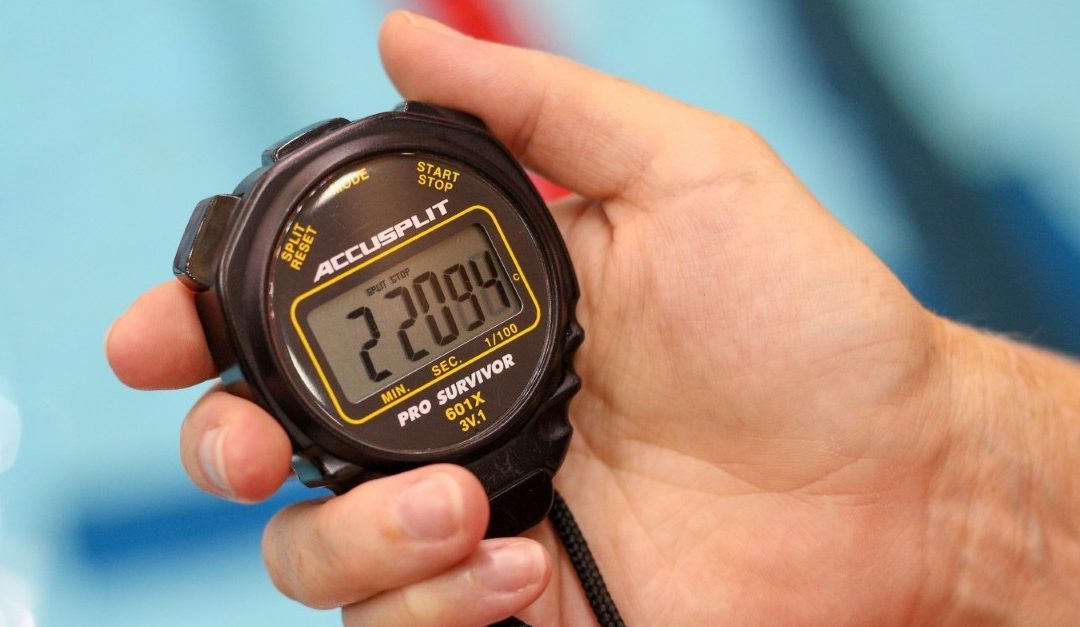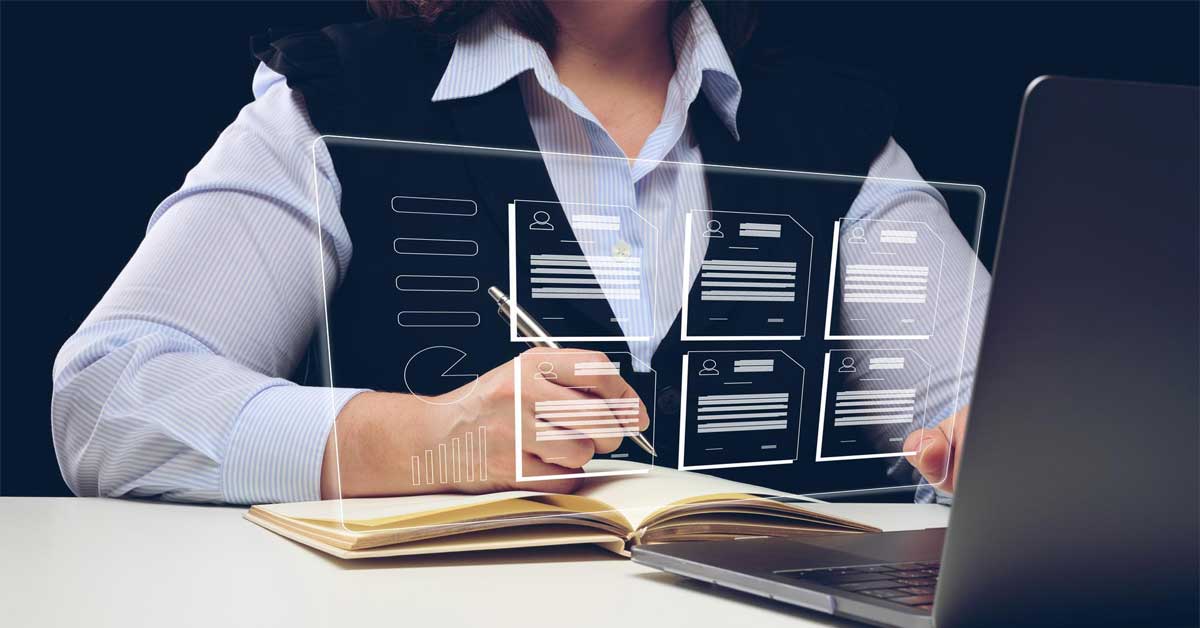A storekeeper is a professional responsible for the management, organization, and upkeep of goods and materials in a warehouse, storeroom, or shop. Also known as stock keepers, these individuals are essential for controlling inventory, ensuring supplies are available when needed, and maintaining smooth logistical operations.
The specific responsibilities of a storekeeper can vary by organization, but generally include:
Receiving goods: Accepting deliveries, verifying them against purchase orders and invoices, and inspecting items for damage or discrepancies.
Inventory management: Keeping accurate records of stock levels, movements, and transactions, often using specialized inventory management software.
Storage and organization: Systematically storing and labeling items in designated locations to optimize space and ensure accessibility.


A document controller is a professional who manages and organizes an organization's documents, ensuring they are accurate, up-to-date, and accessible while maintaining compliance with regula


A "timekeeper" can refer to a person or a device that records or measures time. As a person, a timekeeper may officiate sports, track employee hours, or simply be a punctual individual. As a


An office assistant provides administrative support, handles clerical tasks, and helps maintain an efficient workspace. Their duties include answering phones, scheduling appointments, managi


A storekeeper is a professional responsible for the management, organization, and upkeep of goods and materials in a warehouse, storeroom, or shop. Also known as stock keepers, these individ


A receptionist is an administrative professional who serves as the first point of contact for visitors, clients, and callers at an organization. They manage the front office, providing excel


A data entry clerk is a professional responsible for accurately entering, updating, and maintaining information in computer systems and databases. Their core duties include transcribing data
